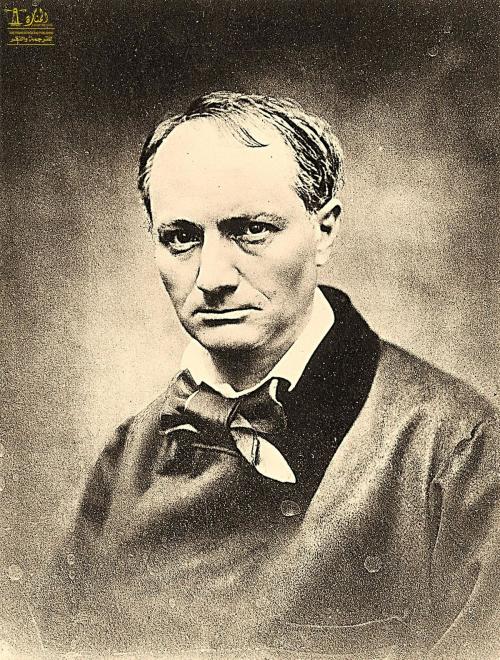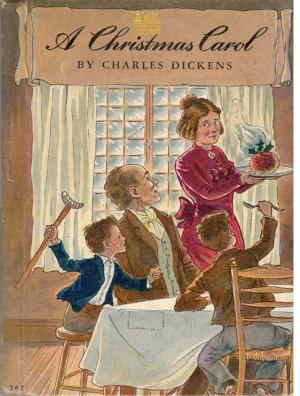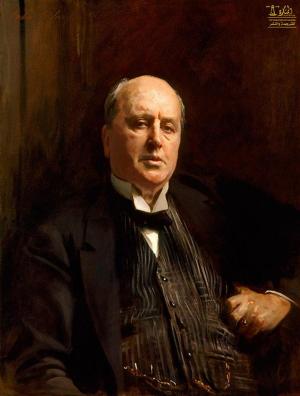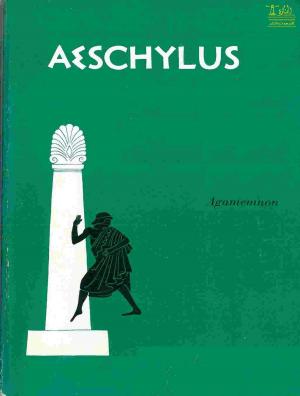The Poems and Prose Poems of Charles Baudelaire
Fiction & Literature, Anthologies, Literary Theory & Criticism| Author: | Charles Baudelaire | ISBN: | 9780599448667 |
| Publisher: | Lighthouse Books for Translation Publishing | Publication: | July 15, 2019 |
| Imprint: | Lighthouse Books for Translation and Publishing | Language: | English |
| Author: | Charles Baudelaire |
| ISBN: | 9780599448667 |
| Publisher: | Lighthouse Books for Translation Publishing |
| Publication: | July 15, 2019 |
| Imprint: | Lighthouse Books for Translation and Publishing |
| Language: | English |
About the Book Books about American Poetry present the poetry written by American poets, who first gained world prominence during the 19th century, and have presented a distinctly American world view.
Charles Baudelaire, in full Charles-Pierre Baudelaire, (born April 9, 1821, Paris, France—died August 31, 1867, Paris), French poet, translator, and literary and art critic whose reputation rests primarily on Les Fleurs du mal (1857; The Flowers of Evil), which was perhaps the most important and influential poetry collection published in Europe in the 19th century. Similarly, his Petits poèmes en prose (1868; “Little Prose Poems”) was the most successful and innovative early experiment in prose poetry of the time.
Baudelaire was the only child of François Baudelaire and his much younger second wife, Caroline Defayis, whom he married in 1819. Having begun his career as a priest, François had abandoned holy orders in 1793 and ultimately became a prosperous middle-ranking civil servant. A painter and poet of modest talent, he introduced his son to art, or what the younger Baudelaire would later call his greatest, most consuming, and earliest of passions, “the cult of images.” His father died in February 1827, and for some 18 months thereafter Baudelaire and his mother lived together on the outskirts of Paris in conditions that he would always remember, writing to her in 1861 of that “period of passionate love” for her when “I was forever alive in you; you were solely and completely mine.” This “verdant paradise of childhood loves” abruptly ended in November 1828 when Caroline married Jacques Aupick, a career soldier who rose to the rank of general and who later served as French ambassador to the Ottoman Empire and Spain before becoming a senator under the Second Empire.
In 1831 Aupick was posted to Lyons, and Baudelaire began his education at the Collège Royal there in 1832 before transferring, on the family’s return to Paris in 1836, to the prestigious Lycée Louis-le-Grand. Baudelaire showed promise as a student and began to write his earliest poems, but to his masters he seemed an example of precocious depravity, adopting what they called “affectations unsuited to his age.” He also developed a tendency to moods of intense melancholy, and he became aware that he was solitary by nature. Regular acts of indiscipline led to his being expelled from the school after a trivial incident in April 1839. After passing his baccalauréat examinations while enrolled at the Collège Saint-Louis, Baudelaire became a nominal student of law at the École de Droit while in reality leading a “free life” in the Latin Quarter. There he made his first contacts in the literary world and also contracted the venereal disease that would eventually kill him, probably from a prostitute nicknamed Sarah la Louchette (“Squint-Eyed Sarah”), whom he celebrated in some of his most affecting early poems.
In an attempt to wean his stepson from such disreputable company, Aupick sent him on a protracted voyage to India in June 1841, but Baudelaire effectively jumped ship in Mauritius and, after a few weeks there and in Réunion, returned to France in February 1842. The voyage had deepened and enriched his imagination, however, and his brief encounter with the tropics would endow his writing with an abundance of exotic images and sensations and an everlasting theme of nostalgic reverie.
About the Book Books about American Poetry present the poetry written by American poets, who first gained world prominence during the 19th century, and have presented a distinctly American world view.
Charles Baudelaire, in full Charles-Pierre Baudelaire, (born April 9, 1821, Paris, France—died August 31, 1867, Paris), French poet, translator, and literary and art critic whose reputation rests primarily on Les Fleurs du mal (1857; The Flowers of Evil), which was perhaps the most important and influential poetry collection published in Europe in the 19th century. Similarly, his Petits poèmes en prose (1868; “Little Prose Poems”) was the most successful and innovative early experiment in prose poetry of the time.
Baudelaire was the only child of François Baudelaire and his much younger second wife, Caroline Defayis, whom he married in 1819. Having begun his career as a priest, François had abandoned holy orders in 1793 and ultimately became a prosperous middle-ranking civil servant. A painter and poet of modest talent, he introduced his son to art, or what the younger Baudelaire would later call his greatest, most consuming, and earliest of passions, “the cult of images.” His father died in February 1827, and for some 18 months thereafter Baudelaire and his mother lived together on the outskirts of Paris in conditions that he would always remember, writing to her in 1861 of that “period of passionate love” for her when “I was forever alive in you; you were solely and completely mine.” This “verdant paradise of childhood loves” abruptly ended in November 1828 when Caroline married Jacques Aupick, a career soldier who rose to the rank of general and who later served as French ambassador to the Ottoman Empire and Spain before becoming a senator under the Second Empire.
In 1831 Aupick was posted to Lyons, and Baudelaire began his education at the Collège Royal there in 1832 before transferring, on the family’s return to Paris in 1836, to the prestigious Lycée Louis-le-Grand. Baudelaire showed promise as a student and began to write his earliest poems, but to his masters he seemed an example of precocious depravity, adopting what they called “affectations unsuited to his age.” He also developed a tendency to moods of intense melancholy, and he became aware that he was solitary by nature. Regular acts of indiscipline led to his being expelled from the school after a trivial incident in April 1839. After passing his baccalauréat examinations while enrolled at the Collège Saint-Louis, Baudelaire became a nominal student of law at the École de Droit while in reality leading a “free life” in the Latin Quarter. There he made his first contacts in the literary world and also contracted the venereal disease that would eventually kill him, probably from a prostitute nicknamed Sarah la Louchette (“Squint-Eyed Sarah”), whom he celebrated in some of his most affecting early poems.
In an attempt to wean his stepson from such disreputable company, Aupick sent him on a protracted voyage to India in June 1841, but Baudelaire effectively jumped ship in Mauritius and, after a few weeks there and in Réunion, returned to France in February 1842. The voyage had deepened and enriched his imagination, however, and his brief encounter with the tropics would endow his writing with an abundance of exotic images and sensations and an everlasting theme of nostalgic reverie.















